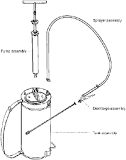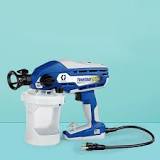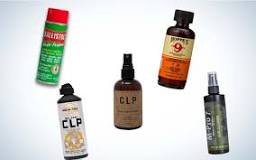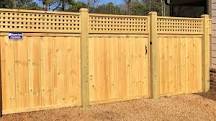So, you’ve just applied insecticide to your lawn and are wondering if it’s time to break out the hose. The short answer is it depends on the type of insecticide you used. Some products require watering in, while others need to stay dry for a while. Let’s dive into the details so you can keep your lawn healthy and pest-free!
Understanding Insecticides
Before we get into the watering part, it’s super important to know what kind of insecticide you’re dealing with. There are generally two types:
Systemic Insecticides
These are absorbed by the plants and work from the inside out. If you’ve used a systemic insecticide, it’s usually best to wait at least 24 hours before watering. This gives the product enough time to be absorbed by the plant tissues.
Contact Insecticides
These work by directly killing pests on contact. If you’ve gone this route, you might need to water shortly after application, but be sure to check the label first. Some contact insecticides need a little moisture to activate, while others don’t.
Why Timing Matters
Watering too soon can wash away the insecticide, reducing its effectiveness. On the flip side, waiting too long can lead to dry conditions that might stress your lawn and make it more susceptible to pests.
Weather Conditions
Keep an eye on the weather! If rain is in the forecast soon after application, you might not need to water at all. But if it’s been dry for a while, a light watering after waiting the recommended time can help.
Lawn Type
Different types of grass may have different needs. For instance, fescue might handle watering differently than Bermuda grass. Always consider your specific lawn type when deciding how to proceed.
Summary
In short, whether you should water your lawn after applying insecticide really comes down to the product used and the conditions surrounding your lawn. Always read the label for specific instructions and adjust based on weather and grass type. Keeping these factors in mind will help you maintain a healthy, pest-free yard!
FAQ
How long should I wait before watering after applying insecticide?
It really depends on the product! For systemic insecticides, waiting at least 24 hours is usually best. For contact insecticides, check the label—some may require immediate watering while others do not.
Can I mow my lawn after applying insecticide?
It’s best to wait at least 24 hours before mowing your lawn after applying insecticide. This allows time for the product to work effectively and minimizes any potential harm to beneficial insects.
What happens if it rains shortly after I apply insecticide?
If it rains soon after application, it could wash away some of the product, especially if it’s a contact insecticide. Again, always refer to the product label for guidance on what to do in this situation.
Are there natural alternatives to chemical insecticides?
Absolutely! Options like neem oil or diatomaceous earth can be effective against pests without harsh chemicals. Just remember that natural doesn’t always mean safe for all plants or beneficial insects, so do your research!
Now that you’re armed with this info, go ahead and make that lawn thrive.







